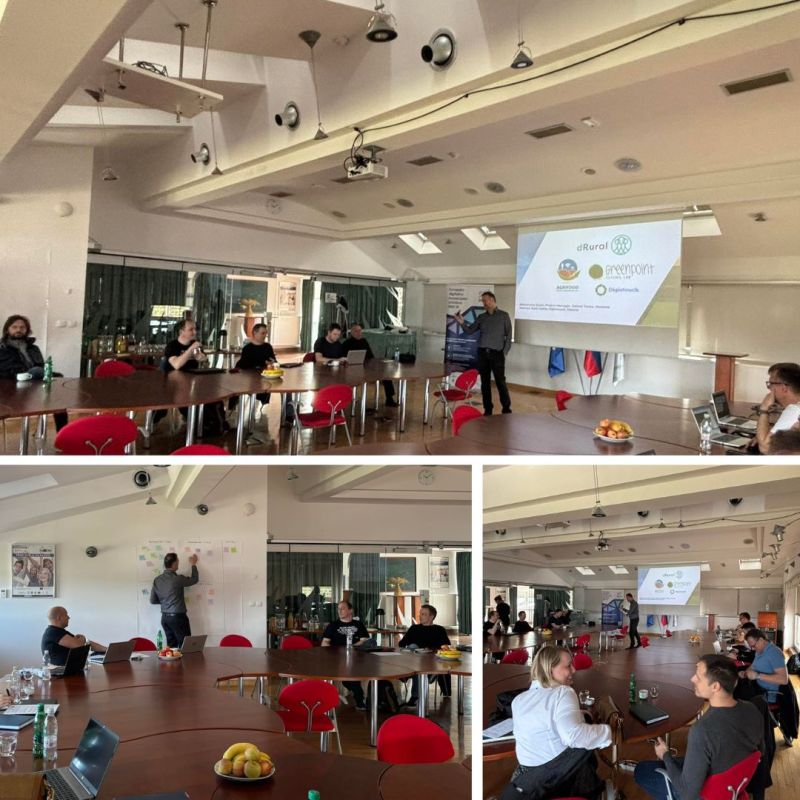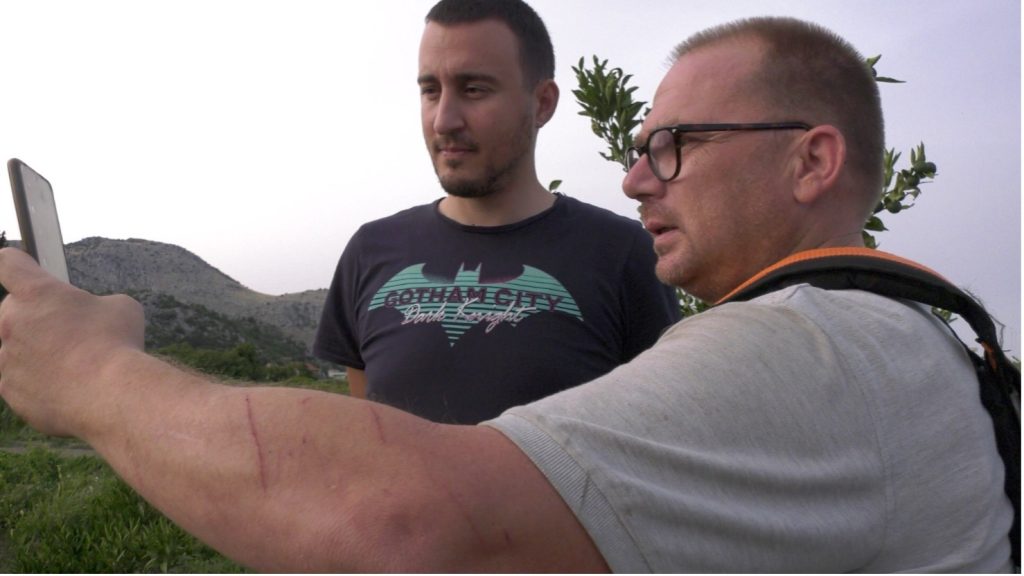05 Apr 2024
The Slovenian mirror region has integrated the dRural platform into the "Green Point marketplace". The goal: to provide local food, reduce waste and foster last-mile green transportation in the Pomurje region.
What’s going on in dRural’s mirror regions?
In Slovenia, Green Point Living Lab – an open innovation ecosystem for short food supply chain – and Digiotouch – an SME that provides digital transformation products and services – have integrated the dRural platform into the Green Point marketplace.
The Slovenian mirror region aims to develop a smarter food supply-demand system for the Pomurje region. In doing so, a food marketplace was developed, attracting local transport service providers, food producers, and consumers.
Implementing the dRural Platform, the Green Point Marketplace allows inhabitants to buy fresh food online from local producers, fostering local commerce and last-mile green transportation, while reducing food waste.
Involving users to meet their needs
The mirror region is now testing the platform, showcasing its benefits, and collecting feedback for its improvement.
On 22 March 2024, Green Point held a workshop at the Chamber of Commerce and Industry of Pomurje. Here, 17 attendees, including food producers (farmers), food processors, transport service providers, consumers, and farmer advisory services were engaged in an intensive service co-creation process.
The workshop aimed to showcase the dRural platform and to make participants familiarise themselves with its features. Participants were given a demonstration of how the Green Point marketplace can bring practical benefits and enhance the quality of life in rural areas of the Pomurje region.
During the workshop, attendees had the opportunity to explore the platform’s functionalities and learn how to integrate them into their daily routines. Participants could also share their experiences and ideas on potential improvements, such as the development of easiest connections with local farmers and service providers, or the enhancement of the user experience.
The diverse understandings of needs highlights once again the importance of involving rural citizens in developing digital solutions.
Photo credits: Markus Spiske on Unsplash




